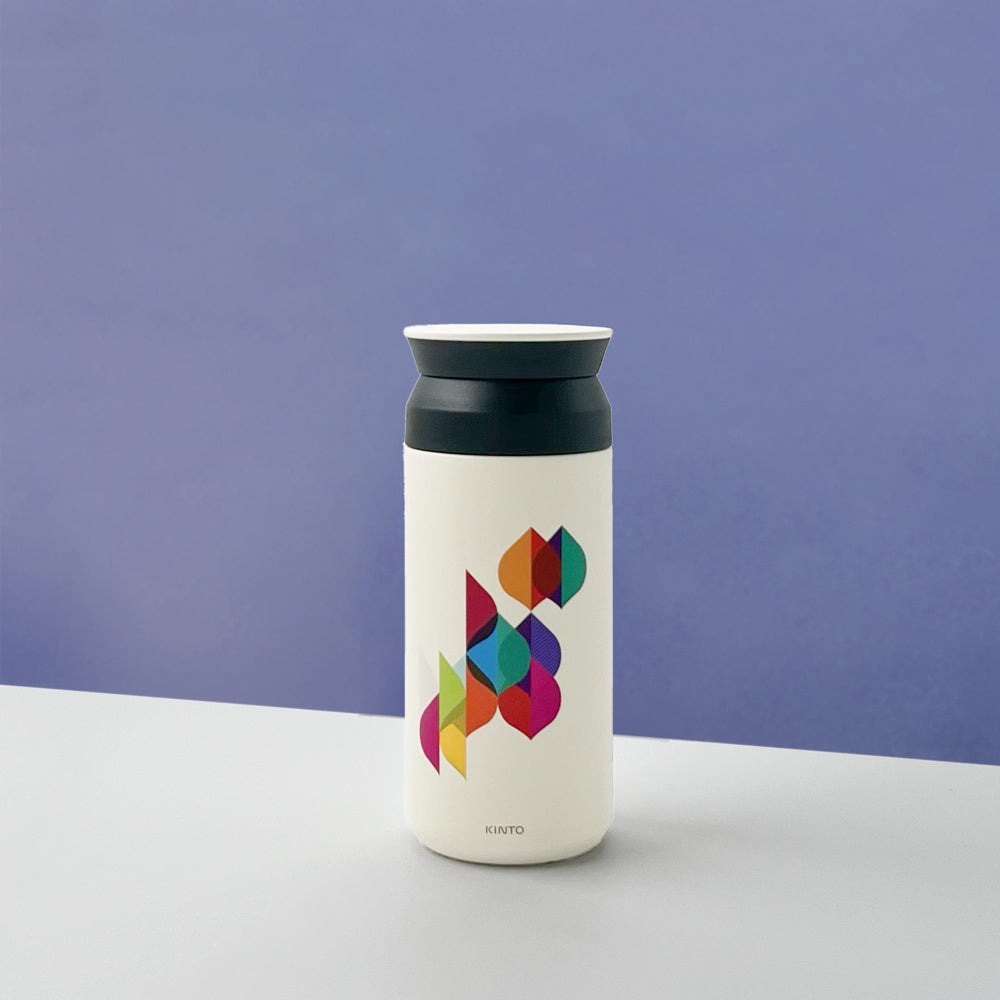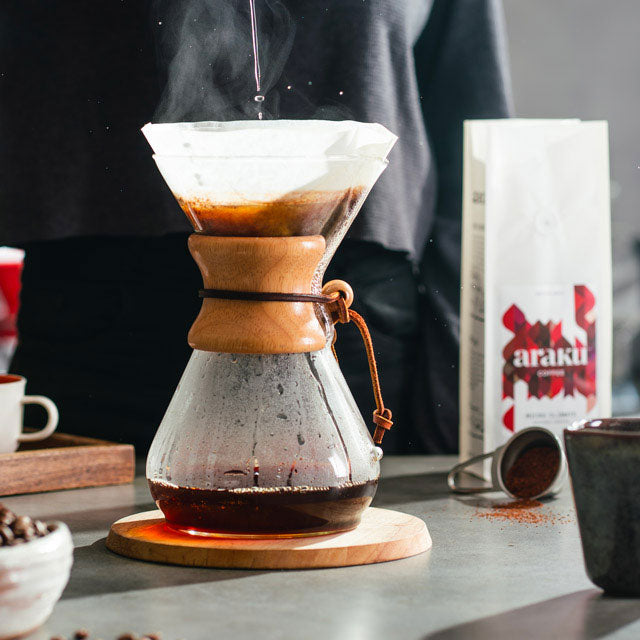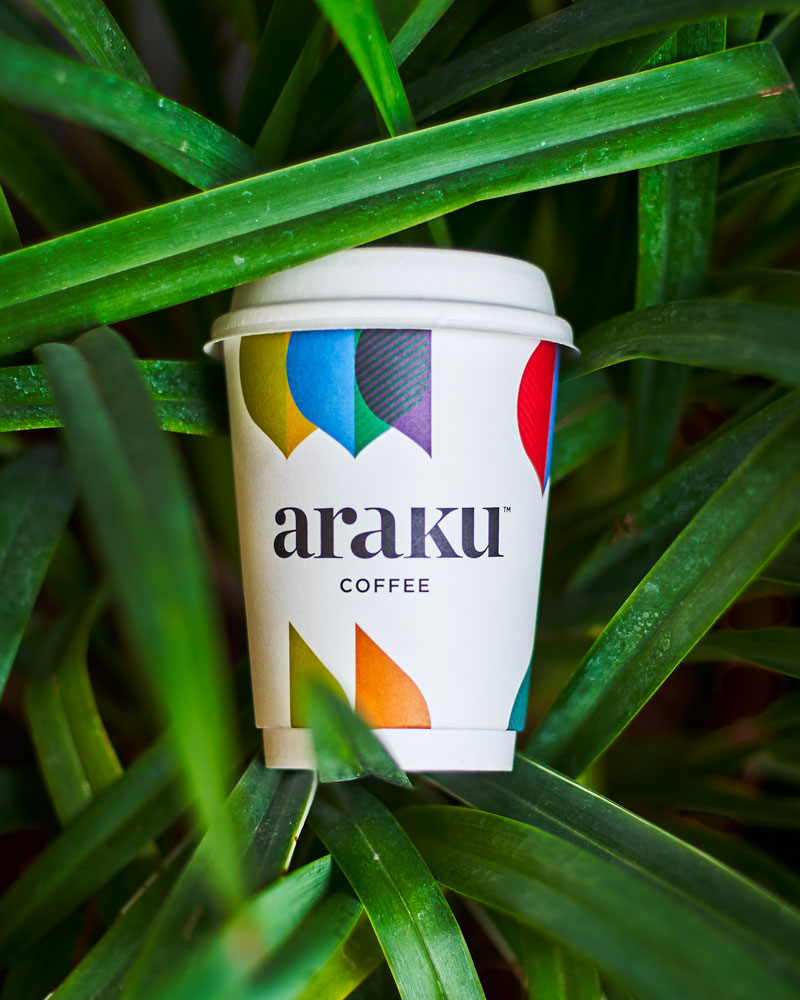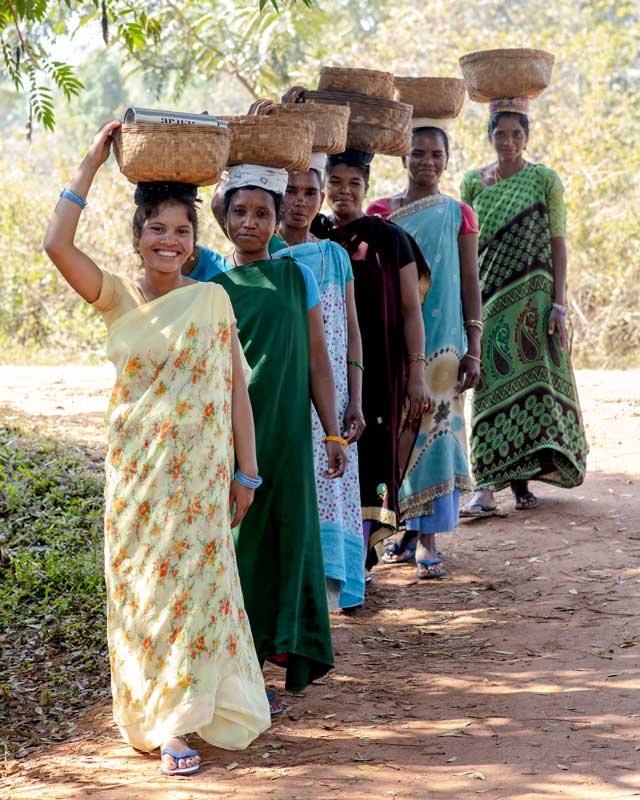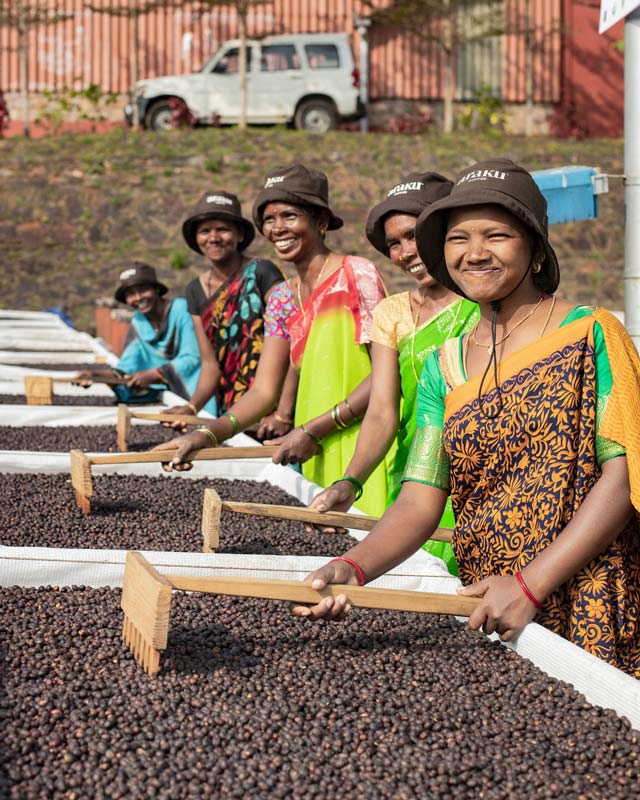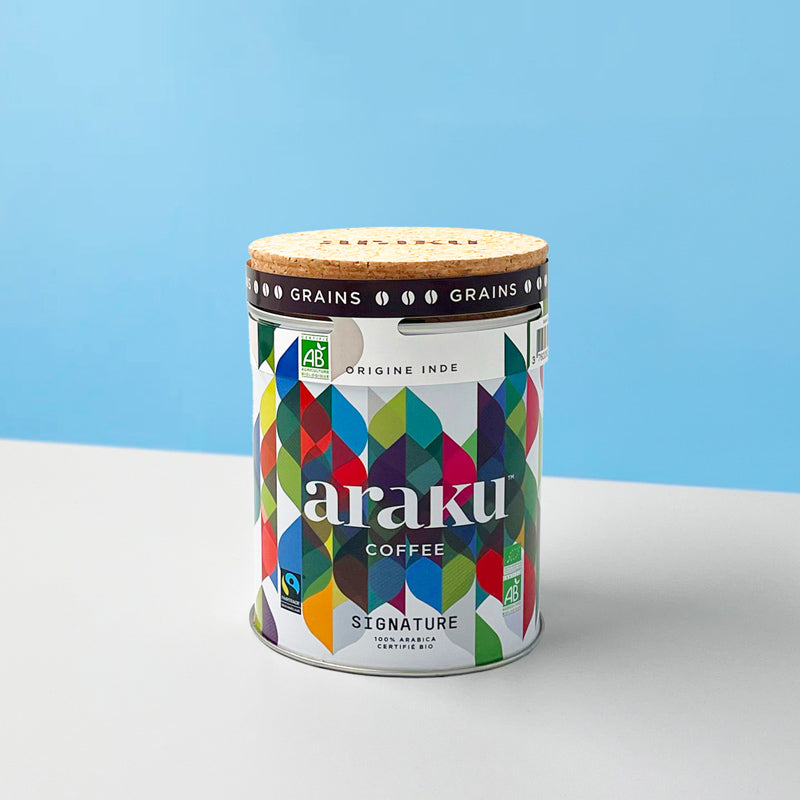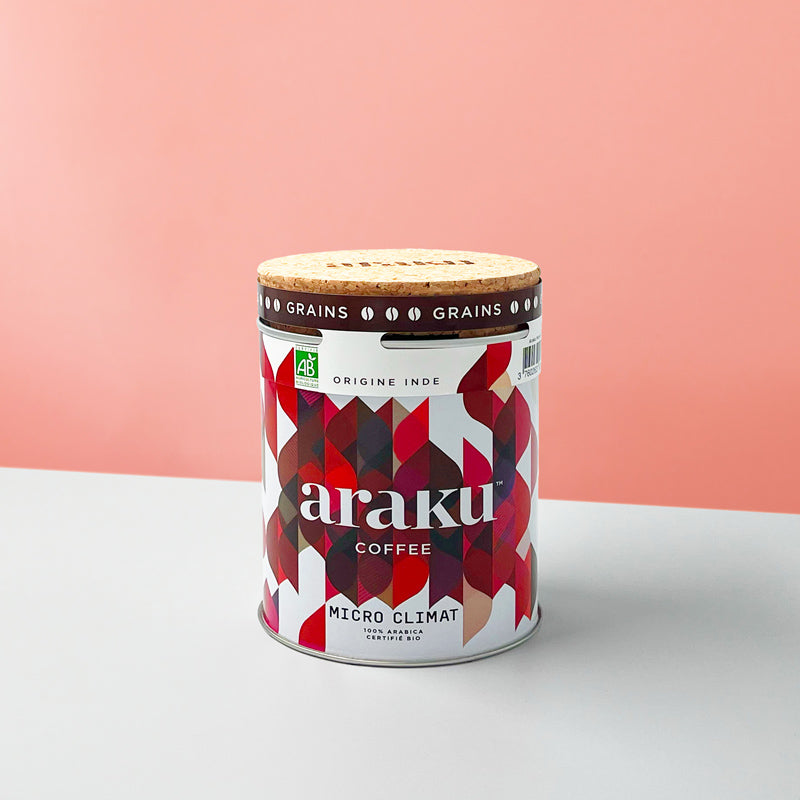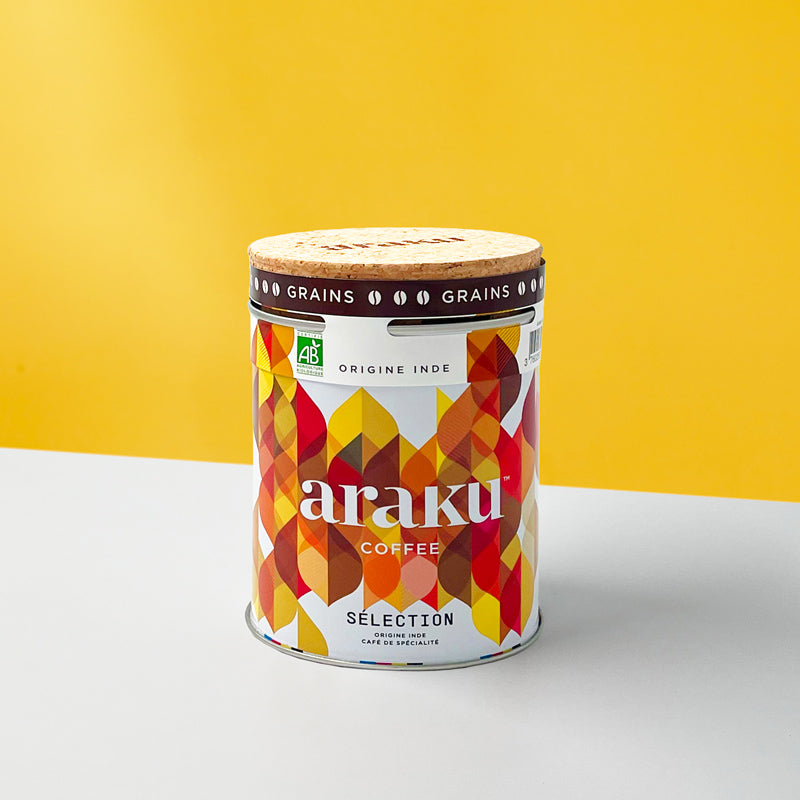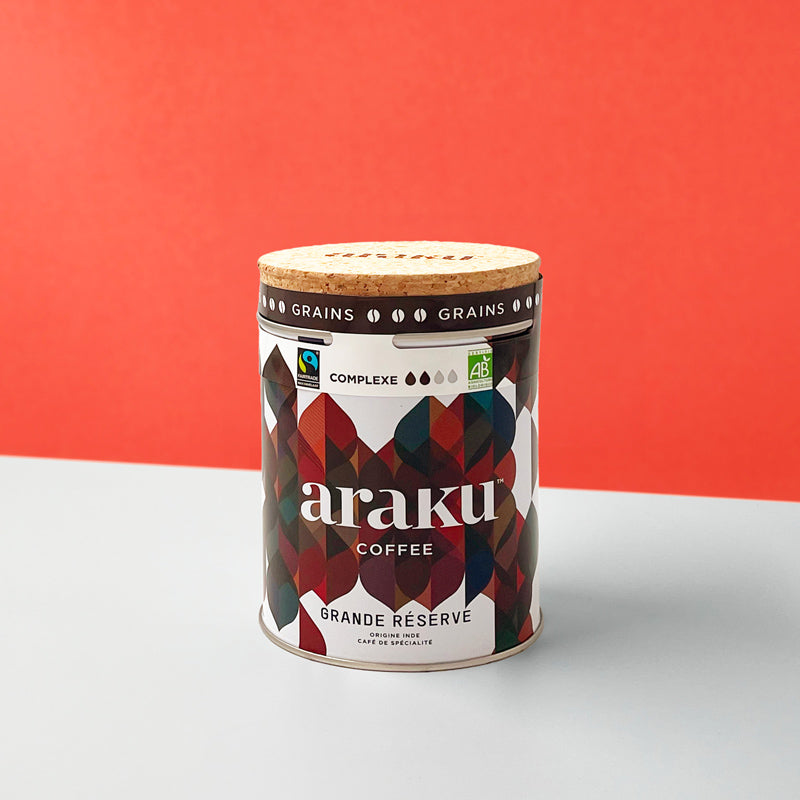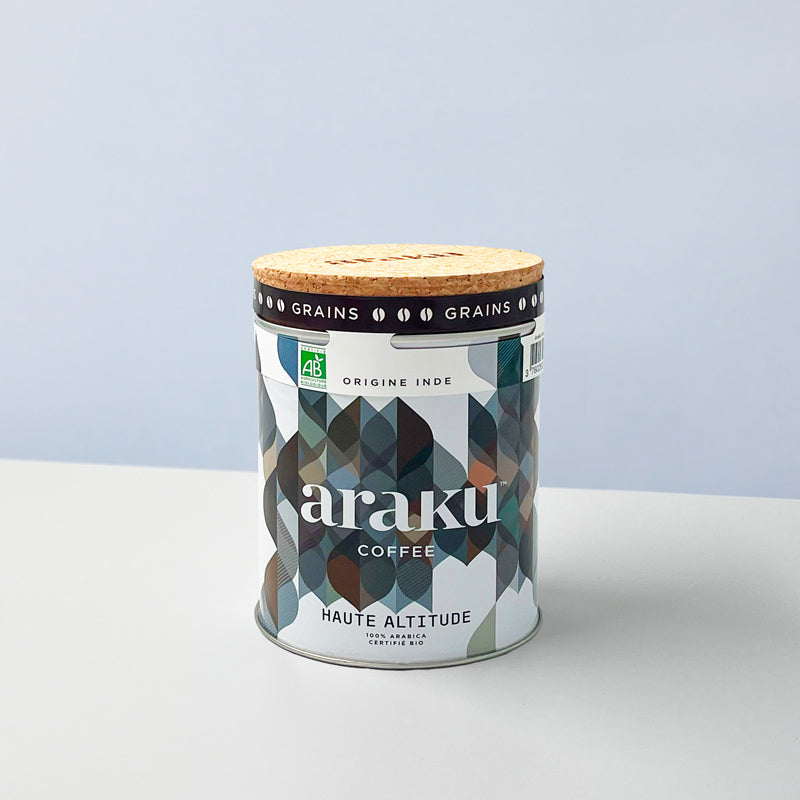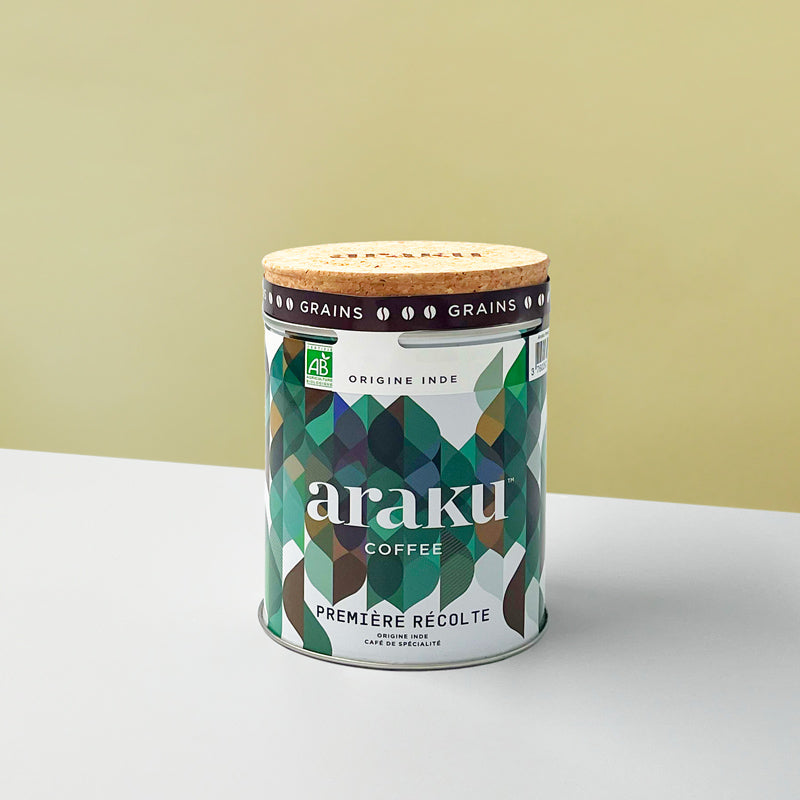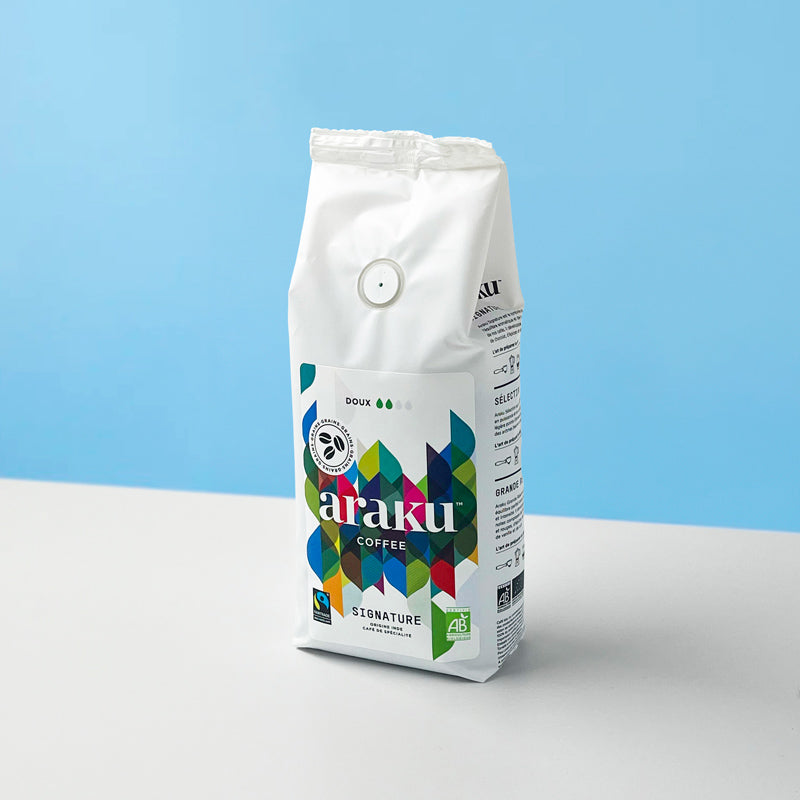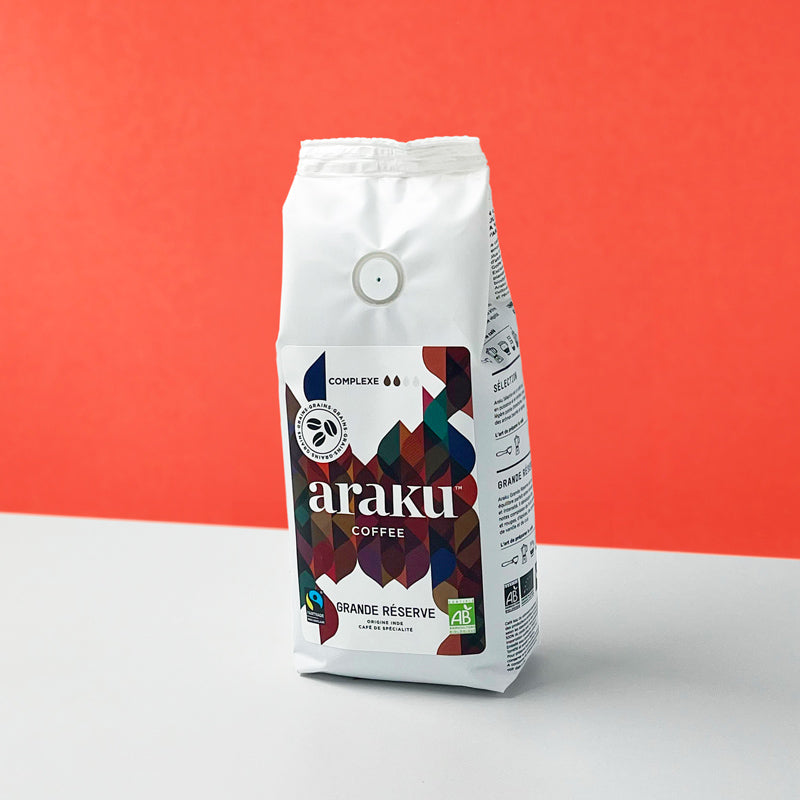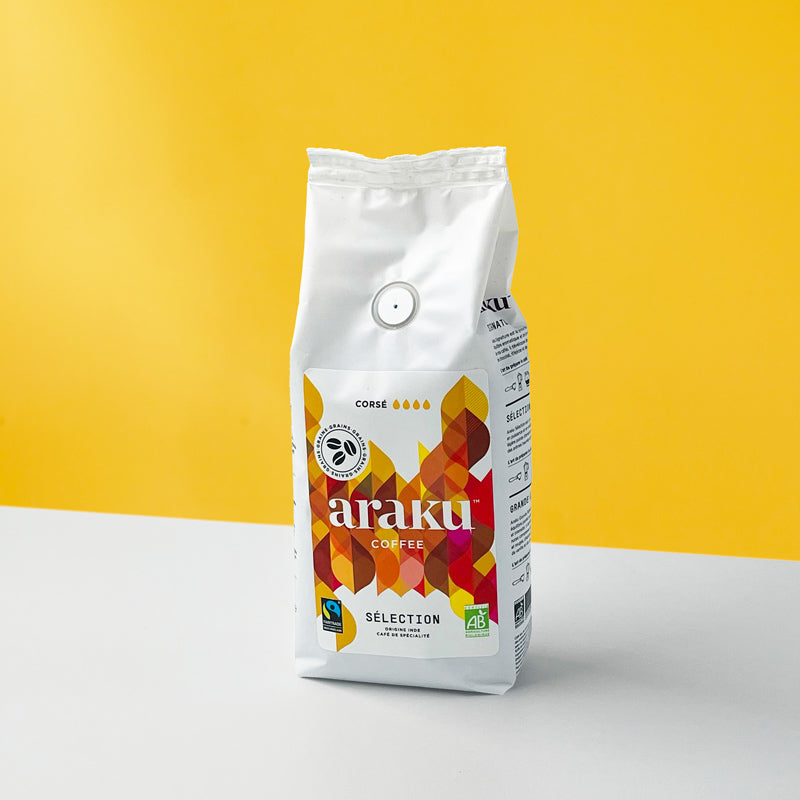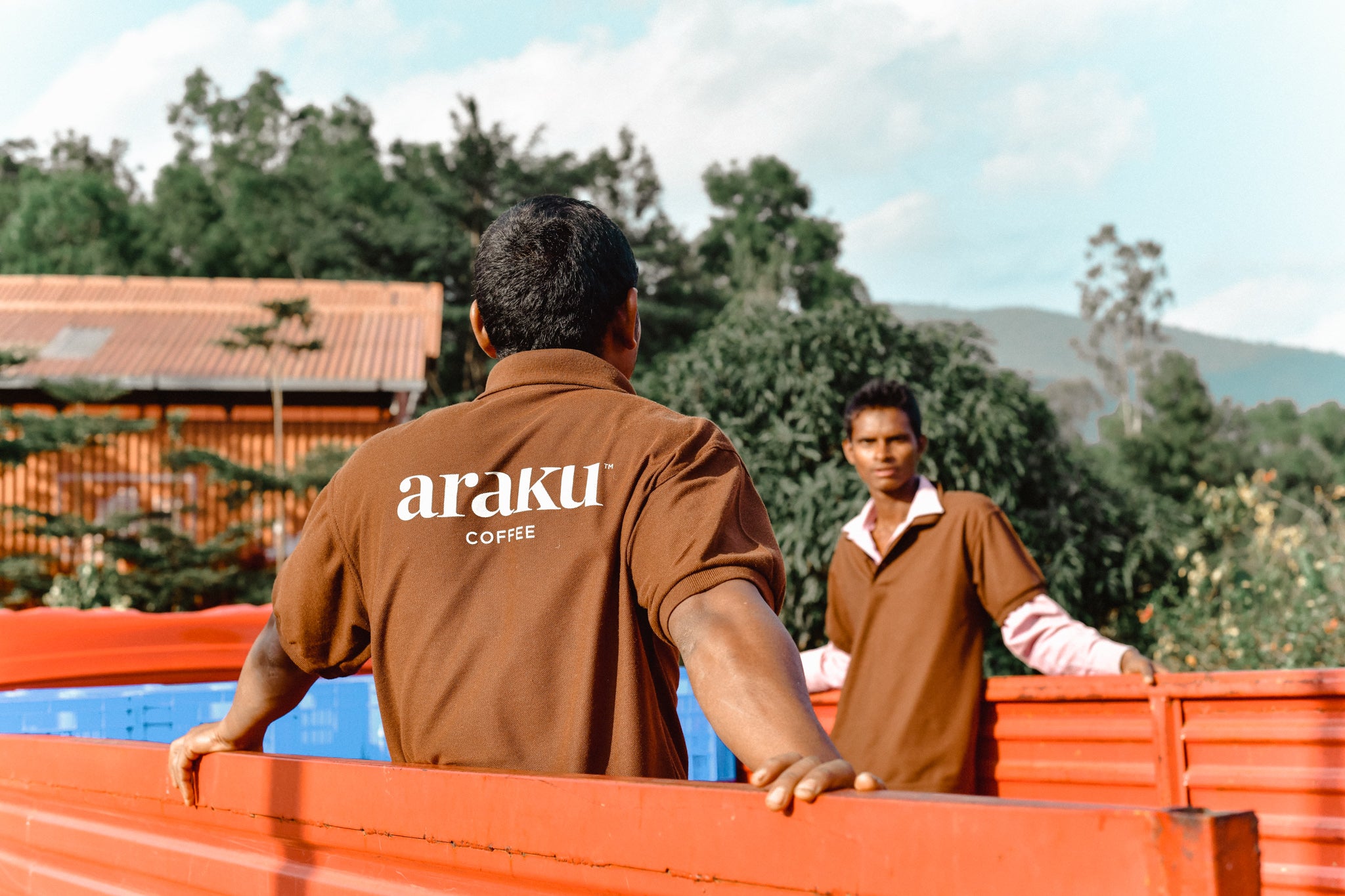What is specialty coffee?
When we talk about specialty coffee or grand cru coffee , we mean pampered products, born from the attention to detail of the producer and then the roaster. These coffees of excellence are special cases, “defect-free” with clear traceability of the production chain. Specialty coffees therefore represent only a modest part of the world's coffee production, they are the best there is.
And the SCA in all this?
To award a coffee the name of specialty coffee, the global coffee market has its arbiter. Established in 1982 by Erna Knutsen, the godmother of specialty coffee, the SCA is a global nonprofit organization dedicated to the promotion and advancement of the specialty coffee industry. It brings together coffee professionals, from producers to baristas , including roasters, importers, exporters and retailers. In total, nearly 1,500 members in 70 countries have joined its ranks. All these actors are joining forces to promote more sustainable and equitable modes of action in the coffee industry, from the plantations to the distribution of coffee beans. Initiated in France by the France Café Gourmets Association in 2005, the SCA is mainly known for its rating system allowing different coffees to be classified according to their quality.
The SCA rating system
We also talk about “ Quality Score ”. This rating system is put into practice by what we call “ Q-Graders ”, qualified experts responsible for analyzing, tasting and assigning a final grade to the coffee. The latter ranges from 0 to 100.
To claim specialty coffee status, a coffee must obtain a score above 80. Above 85 points, it is a coffee that borders on excellence. Beyond 90 points, specialty coffee is one of the exceptional coffees.
Before we get there, it's quite a process. Scoring is done according to precise specifications which apply worldwide. This strict protocol describes the water temperature, the dosage and grinding of the coffee, the infusion time, etc. Next comes the “cupping” stage or the tasting stage.
The final score out of 100 is the sum of 10 scores. The Q-Graders study 10 criteria, each receiving a score out of 10. These 10 criteria are aroma, taste, aftertaste, acidity or bitterness, body, whiteness, cleaning , sweetness, cleanliness in the cup and a general note.
Cupping juries are generally carried out with several Q graders in order to have a representative panel which smoothes out individual preferences.
At Araku, all our coffees obtain a minimum score of 85 each year.


